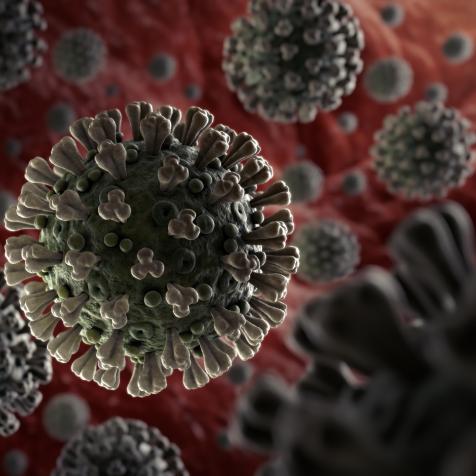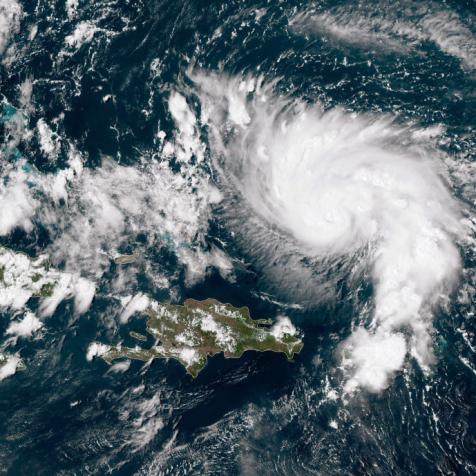
Shutterstock
Shutterstock
You Don't Get Tetanus From Rust
Rusty nails won't give you tetanus, but find out what does.
We've all heard that stepping on a rusty nail can give you tetanus, and ... it's true! But not for the reason you might think. Rust doesn't actually cause tetanus.

Shutterstock
So ... Do Nails Cause Tetanus?
Not exactly. Tetanus is caused by a bacteria called Clostridium tetani, which makes its home in soil, dust, and feces. If you get a puncture wound from something that's been exposed to any one of those elements, regardless of whether there's rust, it's possible to become infected with tetanus. Nails are a common route for infection because C. tetani thrives in an oxygen-deprived setting like the one far below your skin's surface. Still, every injury that breaks the skin — from a dog bite to a safety-pin mishap — carries with it the potential for tetanus.
How Rust Got a Bad Rap
So why the old wives' tale about rust causing tetanus, you ask? According to HowStuffWorks, "... the thinking goes that if the nail has been outside long enough to get rusty, then it's probably been exposed to soils containing the bacteria." Rust also creates a new, rough texture on the surface of a nail, full of microscopic hiding places for bacteria.
The disease's effects can be severe, even fatal: C. tetani releases a powerful neurotoxin called tetanospasmin that can cause muscle stiffness and convulsive spasms that usually begin in the jaw — thus the infection's nickname, "lockjaw." If you suspect you're at risk for tetanus, it's a good idea to check if you're up to date on your vaccines. Most people are vaccinated for tetanus when they're young but don't get regular tetanus boosters. If you're in doubt, it might be time to call the doctor.
This article first appeared on Curiosity.com.


















